




hen Nicole Galli C’89, L’92 opened ND Galli Law LLC in 2015, she wanted to join a network of other women who owned firms.
She quickly hit a snag: no such network existed.
A year later, Galli approached seven other women about starting a group, and they agreed to form a host committee.
“I thought it was brilliant, I thought there was absolutely a need for it,” said Laura Nussbaum Solomon L’92, PAR’25, who owns Laura Solomon, Esq. & Associates and became integral to the network’s launch. “I’d been mentoring women one by one because there was no such thing, and Nicole was the one who had the insight to create it.”
The network became Women Owned Law, a tax-exempt nonprofit trade association that today has approximately 200 members across the country.
Earlier this year, Women Owned Law held its third national symposium, attended by 100 women.
Study in recent years have shown that women struggle to level the professional playing field with their male colleagues in American law firms. A 2019 study from the American Bar Association, “Walking Out the Door,” found that female partners near the age of 50 have been leaving in droves for various reasons.
Galli said she’s witnessed women leave Big Law to start their own firms after making connections through Women Owned Law. “If women were satisfied, they wouldn’t leave. It’s not worth it if we’re not getting the appropriate recognition and compensation.”
Solomon said men have long benefited from more networking opportunities on golf courses and in eating clubs, providing them with the ability to swap referrals.
“This organization helps fill the gap, and also provides an established pool of successful female mentors and colleagues,” Solomon said.
Galli said women are not recognized enough for their entrepreneurship. She was also motivated to start Women Owned Law to challenge a persisting belief that women open firms because they can’t “cut it” in Big Law.
Here we examine how 15 alumnae — with backgrounds ranging from Big Law to government to in-house counsel — made a decision to open their own law firms, and why they’re not looking back.
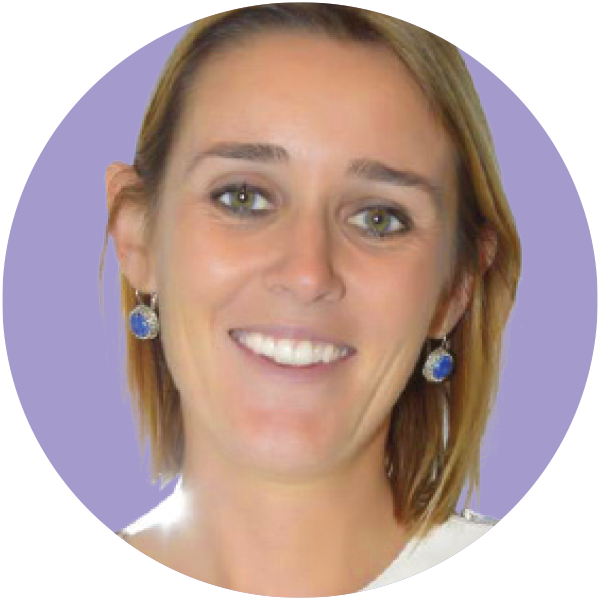
ational Baseball Hall of Fame pitcher Satchel Paige famously said, “Don’t look back. Something might be gaining on you.”
MariaCostanza Barducci suggests applying a variation of that theme to other University of Pennsylvania Carey Law School graduates thinking about starting a firm.
“Make sure you don’t compare yourself and your firm progress and results with other law firms, especially if you are a solo practitioner,” she said. “It is natural, and sometimes helps your drive to succeed to make the comparison, but it can actually hinder your success, if you don’t do this in a constructive way. You need to understand that you are your law firm and so comparing yourself can create unnecessary anxiety and stress and ultimately cloud your vision for the long term. I think involuntarily you look around and you’re thinking, ‘Wow, that firm is doing so well. They’re in all the newspapers’ or ‘That firm just settled a case for so many millions of dollars. I’m not doing that.’ You need to understand what you want and find success in your own world.”
For lawyers considering opening a law firm, she said, “I think you need to follow through with that thought. Don’t be scared! Set yourself short-term goals and long-term goals so you don’t feel overwhelmed, in order to take the right direction toward your ultimate goal, which is having a successful law practice.”
Barducci, a native of Florence, Italy, followed her own and Paige’s advice when founding her Barducci Law Firm, which has offices in New York and Italy.
“The university teaches you to be self-aware, and you need that when you’re running a law practice. And, also, it teaches you the importance of networking and scaling your business.”
The Law Office of Poorvi Chothani, PLLC
Miramar, Florida
lawquestinternational.com
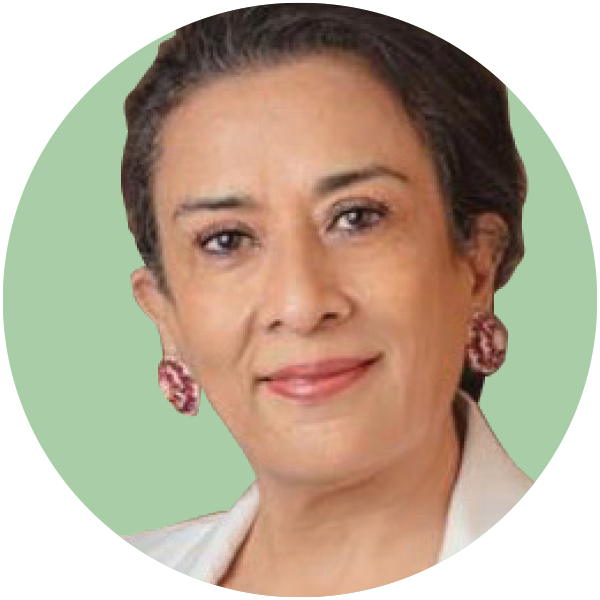
or lawyers considering starting their own firm, Poorvi Chothani’s advice is to work with a strong leader in the legal field a would-be business owner wants to work in. It doesn’t have to be a large firm; it could mean working for a solo practitioner or a small firm, she said.
“The person whom you work with is very important because the exposure you are going to get working with a good professional is going to be the foundation of your career and probably your new law firm,” Chothani said.
For Chothani, that meant starting out as a litigation lawyer for one of the leading lawyers at the Bombay High Court.
“Working with a very good lawyer in India helped me a lot,” she said.
The experience was short-lived, however, as she left the litigation practice to start a family. Then, in 2002, she came to the Law School to pursue an LLM degree and on the Monday after taking the bar exam she began working in New York for one of the foremost immigration lawyers in the United States.
“I would say that has been a very strong foundation for my immigration practice. Working with two stalwarts in the legal profession at two strategic points in my career has been very, very beneficial.”
“When we practice immigration law we are touching the lives of many individuals so if I miss a deadline, I affect the future of an individual. For me the ability to meet deadlines and to put up arguments and get my clients what they seek is extremely gratifying.”

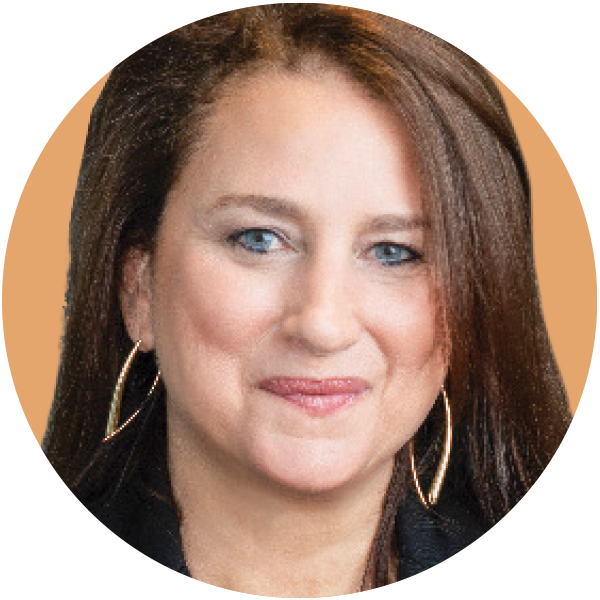
ohen had 30 years’ experience representing Fortune 500 companies in insurance coverage cases at big firms when COVID-19 hit. The pandemic, she said, was a wakeup call for her and her insurance recovery team at McKool Smith. “It was a time of reflection,” she said. “You got to stand still for a moment, and we decided we’d rather do it on our own, and we thought we’d be more financially and emotionally successful and able to forge our own path.”
Cohen formed Cohen Ziffer Frenchman & McKenna in January 2021, taking her team of 12 McKool insurance attorneys with her, along with 100 clients. “I realized life is short, and you can’t really wait forever to do what you want to do.” The boutique firm has grown to 30 lawyers, and Cohen said she prides herself on building a diverse partnership and an office where people feel valued and invested in the firm. The National Journal named Cohen one of the “50 Most Influential Women Lawyers” in America. “You really get to forge the path you want to go, based on your own values, and we’ve been able to do a lot of interesting, fun cases and can take on whatever pro bono matter we want.”
“Someone said to me, ‘It’s not rocket science,’ and it’s not. You just have to be bold and a little more entrepreneurial. What was holding me back a little bit is that I’m not great with logistics and computers and furniture. A friend said, ‘You can hire someone to do that.’ One of the smartest things we did was hire a COO who is really focused on the business side and logistics so we could focus on legal aid.”
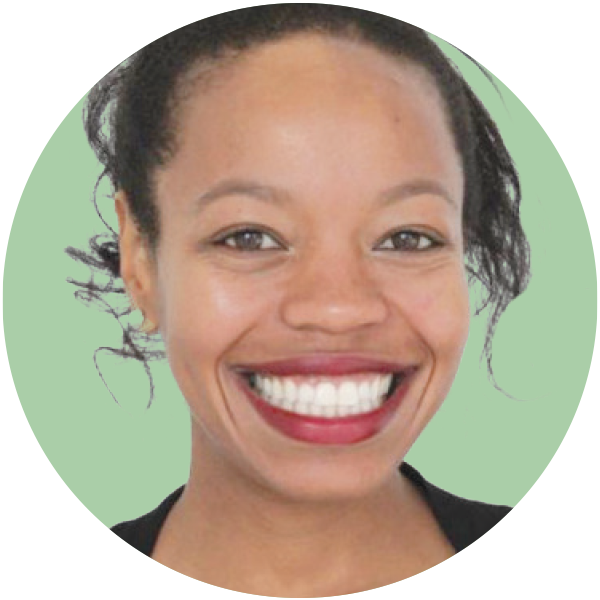
aking additional coursework at the Wharton School helped Diggins make the leap to open her own firm. “It helped me understand that law is a language of business in a lot of ways,” she said. Diggins began her career at media companies, where she took on operational roles. “I made it my mission to learn more about how business runs, how the law fits into the business, and how the counsel I was working with incorporated business into the advice they gave me.” Diggins took notes, literally, on the nuts and bolts of running a business, down to the kinds of software used for logistics. “Eventually, I looked at all the notes I had and realized, ‘This looks like a business plan.’ ”
People at networking events began asking her for business cards, and she decided to seek work that combined law and business. In January 2020, she opened Diggins Law, where she focuses on trademark maintenance, corporate maintenance and filings, reviewing of commercial contracts, IP licensing, and data privacy.
The pandemic forced her to get creative, and naysayers from previous employers abounded. Diggins remained undeterred, and her perseverance prevailed. “Each day that I’m able to help a client and add value to them, that’s proving [naysayers] wrong. I had a chip on my shoulder at first, but now I’m just trying to meet clients where they’re at and help them. I’ve realized I don’t have to try to prove anyone wrong.”
“Confidence, definitely. I haven’t met a client yet who was willing to accept advice from a nervous attorney.”

Philadelphia and Center Valley, Pennsylvania.; New York, New York; Louisville, Kentucky
ndgallilaw.com
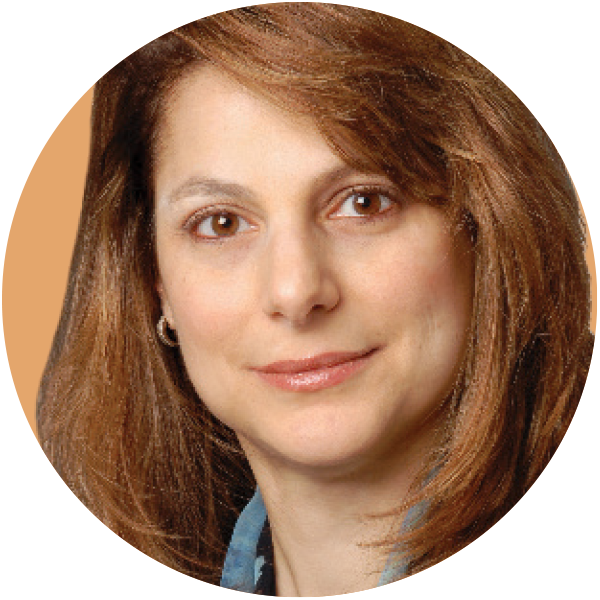
pon starting a law career at Dewey Ballantine, Galli quickly learned she thrived as a litigator. At that point, Big Law did not widely have patent and intellectual property practices, but she discovered her passion: “I utterly fell in love with patent litigation,” she said. “I didn’t want to be a scientist but loved invention and technical cases.” Galli ended up at Pepper Hamilton, where she had an influential mentor. In 2010, her children were 3 and 6 years old, and although she wanted to make a change, she didn’t feel ready to open a firm. She joined a boutique IP firm, where she also learned about administrative responsibility.
“The problem was I wanted to be in control of my practice and the businesss decisions about it, and I wasn’t,” she said. Galli opened her firm in 2015, and three years later broadened her intellectual property litigation practice to also include trademark and corporate work. Last year the firm was named one of the fastest-growing privately held entrepreneurial companies in Philadelphia. “We’ve created a very humane place to be and a place where people can come and do the work they love,” she said, “and not be miserable.”
“Decide whether you want to run a business or just have your own solo practice — those two things are not always the same and the skills needed for each are different.”
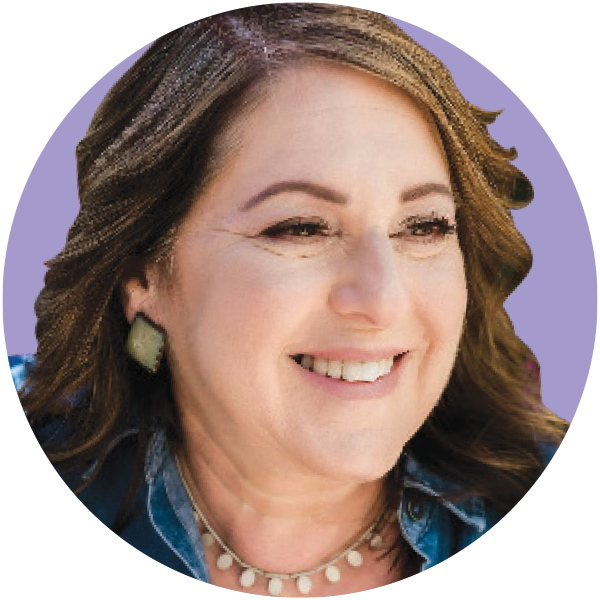
hen Fran Griesing received her bachelor’s degree from Binghamton University, then known as the State University of Binghamton (Harpur College), she became the first person in her family to graduate from college. “I didn’t come from a family where anyone really knew what a lawyer did,” she said.
But the friendships she made and the support she received at the Law School made all the difference for Griesing as she began her career, which eventually led to her leading her own firm with 10 lawyers and offices in five cities.
“I developed a lot of friendships with people at the Law School who did come from more sophisticated backgrounds than I did. Many of those people were fairly generous with giving me advice and guidance on the interview process and what to expect when I went to work at a law firm.
“If nothing else,” Griesing said, “I learned from my peers at the Law School and the relationships I developed, how important relationships were in business, how much connections made a difference, how much your credentials and what people perceived your pedigree to be helps you at least in terms of getting in the door.”
“First of all, you want to become the best lawyer you can be before you do anything else because no one can take that away from you whether you’re working in a big firm, your own firm, or a corporate setting.”
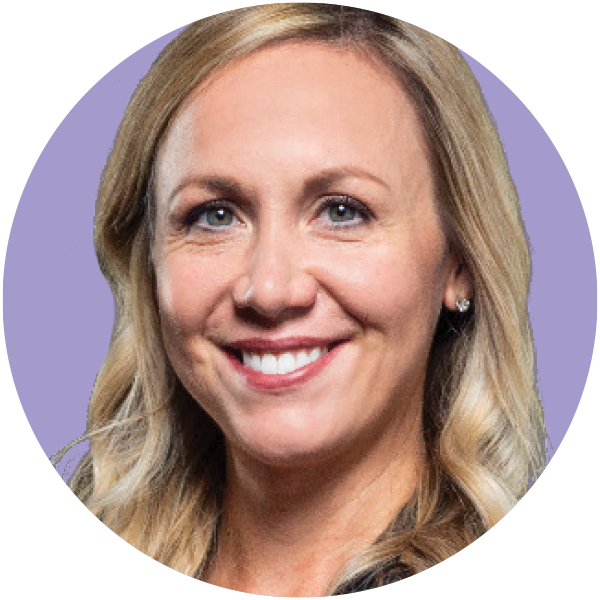
aving spent her legal career in public service, Hacker said she never expected to open her own firm. “It was not a longstanding ambition of mine,” she said. Before opening Hacker Stephens in October 2020, Hacker served as Assistant Solicitor General in the Texas Attorney General’s office, where she represented the state in critical appellate litigation and advised senior officials and state agencies on pressing legal issues. Before that, she spent more than a decade as Legal Counsel at the nonprofit legal organization Alliance Defending Freedom.
She opened her firm with law partner Andrew Stephens, who had been a colleague at the Attorney General’s office. “Typically, it’s really hard to make the jump from government work to private practice because you don’t have clients,” she said. “I thought we had a client prospect lined up, and we felt confident enough that we’d be able to survive for a while, and hopefully build a business from there.” COVID work-from-home restrictions, she said, worked in their favor. “It helped with low overhead for the first several months and everyone was doing everything on Zoom anyway.” The firm has already had two cases go to the U.S. Supreme Court and the firm’s client list has steadily grown to include big names like the State of Louisiana, multiple Texas counties and municipalities, major nonprofit organizations, and recently, the firm was appointed as class counsel for a class of over 4,000 Navy servicemembers in a civil rights suit against the Department of Defense.
“I think the public perception of lawyers is that we make everything worse and more complicated, and that can definitely be true, but I think we also have tremendous opportunity to do good and help others. That was also a motivating factor in wanting to start my own firm, because money has never been the main motive for me. If you’re in charge, you have flexibility and decide where you take risk, and I’m always willing to do that for a good cause.”

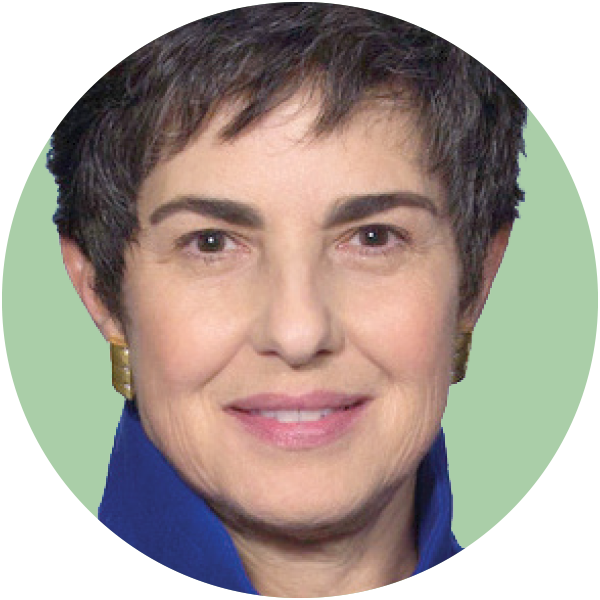
ramer began her law career in-house with Acme Markets in Philadelphia, which in 1976 had about 25,000 employees in 500 retail stores that operated in seven states. She started as Employment Counsel and then served in roles ranging from Manager of Labor Relations to Assistant General Counsel for Acme’s parent company at the time, American Stores. In 1994, American Stores moved all of its legal functions to Salt Lake City. “I was offered a promotion to be in charge of employment law for the entire company of 135,000 employees,” said Kramer, who by then was married with kids. “It was my dream job. But it was the wrong place and time.” Kramer turned the change into a new opportunity. “I told them I was going to start my own firm and they could become my first client. And they did. For one year, they gave me my old office and secretary back to do their work.” From there, Kramer grew her business and gained new clients mostly through referrals from big law firms she’d worked with when she was in-house, and that’s how she operates today. “I don’t take work unless it comes with a good referral. Of course, I have a website, but it’s for informational purposes and credentials only.”
“Always look for a way to give that added value. For example, when a client of mine is written up in The Philadelphia Inquirer or receives an award, I write a personal note. I send clients articles that may be of interest to them. I still send real holiday cards. People remember cards because no one does it anymore. It’s a personal touch. I don’t like to call that networking. This is client development and creating relationships.”
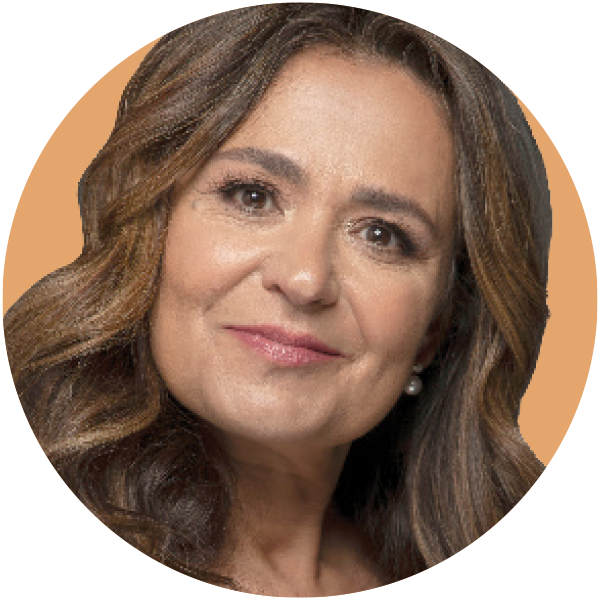
ncela R. Nastasi’s grandfather was a general surgeon at the turn of the century. Back in those days, she said, doctors didn’t specialize all that much. Now all doctors specialize. The same is true about the law.
“The day and age of the general practitioner handling everything from wills to criminal matters is part of the bygone era for any lawyer worth their salt,” said Nastasi, the founder of Nastasi Partners. “I think as lawyers specialize more and more, that to know clearly what your specialty is and to hold yourself out as open for business in that specialty just makes it a lot easier to attract clients and to keep the ones that you’ve got.”
They’re coming to you for the one thing that you do better than anyone else, she said. For Nastasi, that specialty is restructuring across a broad range of industries and business sectors. Forget 10,000 hours to master a craft. The lawyers at Nastasi Partners have worked in restructuring for 61 combined years across a broad range of industries and business sectors.
“You’ve got to have a vision. You’ve got to have resilience. You’ve got to have determination. You’ve got to have really great people skills both on the client and the employee side.”
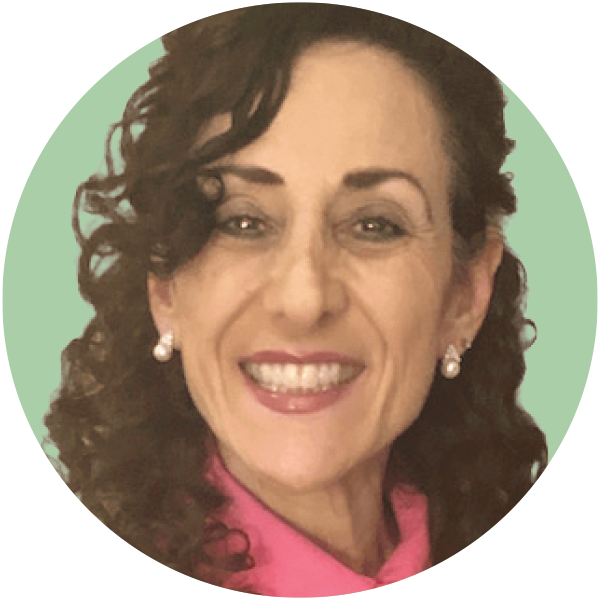
anine Pollack, a co-founder of Calcaterra Pollack LLP, has been a class action litigator for more than 30 years and has prosecuted cases that have secured hundreds of millions of dollars.
She is also her firm’s chief wellness officer. “I think it’s unique. Not every firm has it, especially not small firms,” she said. “But I have been a very big public proponent of this concept.”
For her role, Pollack draws on the American Bar Association’s National Task Force on Lawyer Well-Being and its report, “The Path to Lawyer Well-Being: Practical Recommendations for Positive Change.”
“I would call it the Bible,” Pollack said. “It lays out all the different categories of the legal profession and it has recommendations on how people should implement wellness in all of those different aspects.”
Wellness for Pollack doesn’t mean just physical and mental wellness. It also includes diversity and civility. “All views are entitled to be heard. All views are respected. Civility and respect for each other are very important qualities.
“Because fundamentally, in order to be a good lawyer, you have to be a well lawyer,” Pollack said, echoing the ABA report.
“I’m a litigator at heart and I love to sit and write a brief. Even today I was writing a brief and thinking, ‘This is such a good argument.’ Every word means something, and I learned those fundamentals at the Law School. The Law School really taught me how to write logically and think logically. And I took all of those useful qualities and skills and put them to use as a litigator. And that’s what I’ve done for 30 years.”
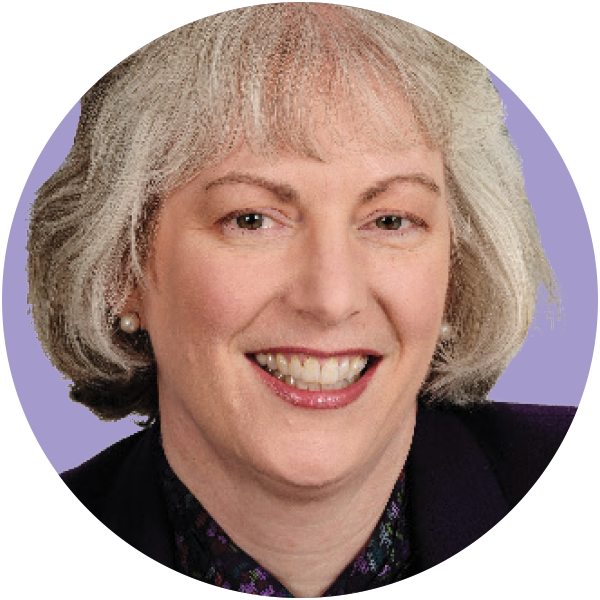
uild a better mousetrap and the world will beat a path to your door. So the cliché goes.
Patricia Smink Rogowski can testify that it is true. Rogowski practices under the moniker of Rogowski Law, which specializes in intellectual property legal services — patents, trademarks, copyrights and trade secrets.
And wouldn’t you know, one day a father and son came to her with a new mousetrap. “And we successfully patented it,” Rogowski said.
The mousetrap is used in food warehouses and places where you can’t lay poison, she explained.
“IP is a terrific field because you have the privilege of helping others every day,” said Rogowski whose undergraduate degree is in mechanical engineering. “You’re usually building things for people and helping them. They have a spark or a new innovation and then you figure out the best ways to build a business around that or to protect that so that they can achieve the goals they want for their business.”
“I went into IP because I wanted to merge my capacity as a good writer and my capacity as an engineer, but I’ve stayed because it’s truly a field in which every day you get to help someone, which I like a lot, and every day is different. Every day I get to think about a different industry or a different product or service and meet people from all fields.”
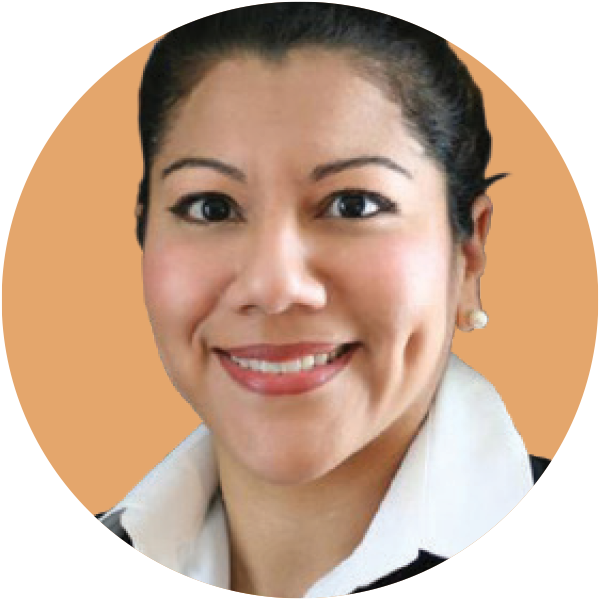
t was 2006 and the economy was just starting to sputter. Then it entered a recession and the law firm specializing in financial institutional work in Washington, D.C. where Bonnie Sanchez worked began laying off attorneys. And she and her husband had a newborn child.
“It was time to pivot and take control of the situation,” Sanchez said. “I didn’t want to give up the practice of law in my specialized field. I had worked very hard for it, and I genuinely love practicing law.” And so, Sanchez took a leap of faith, used her knowledge and experience, and opened her own law firm.
“It was the best thing I ever did for myself. I like the freedom and the responsibility of being captain of my own ship,” she said.
Sanchez’ law firm located in Northern Virginia specializes primarily in corporate and privacy and data law. She counsels startups, emerging growth companies, service companies, and government contractors.
“What really interested me about the law is information. I love the fact that as an attorney I was taught by Penn how to use the resources that are around me to find the information that I need, and I love sharing that information. Knowledge is powerful and a lot of people don’t know where to look for information and they don’t know how to analyze and use the information to achieve their goals once they have it. As an attorney what I really love is understanding where to find information, analyzing the information, and being able to share that information with my clients to help them to achieve their business goals within the law.”
“Make sure that you are up to date on the latest technology to manage and streamline your workflow. It is important for attorneys to be excellent practitioners providing high quality work product to their clients and to be as efficient as possible. Being knowledgeable and efficient frees up time and makes the client happy when there’s a shorter turnaround time. Also, love what you do. Love the practice of law and enjoy serving society within your profession. And you will quickly see success follow.”

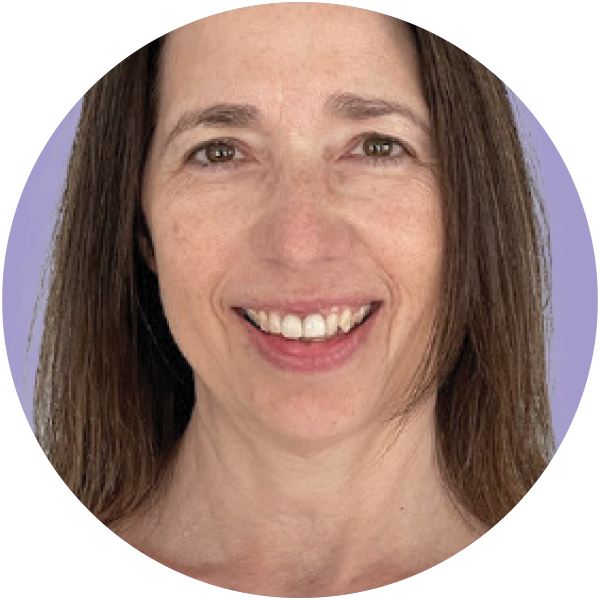
fter spending eight years at Ballard Spahr, Smith opened her own firm in 1998 with Gregory Liacouras, a fellow attorney at the firm whom she was dating. Smith judged her partner in law well: the pair married five years later, and Liacouras & Smith continues to thrive today in civil litigation, trademarks, copyrights, and licensing. “This was our first baby,” she quipped of the firm. A third lawyer also works at the firm.
Smith, who focuses her practice on trademark and copyright law, said a nice thing about branching out from Big Law was that she could control professional decision-making. “All of our matters are things we care about, and for clients we really like and respect,” Smith said. “I’m proud that we have really nice relationships with our clients. Most of them have worked with us for more than 20 years now, and I think that’s because we don’t have all those layers (of bureaucracy) — we’ve really been able to establish very meaningful relationships.”
“If you’re doing this with somebody else, the most important thing is that you really do trust them implicitly — that you trust their lawyering, and judgment, and character. In terms of nuts and bolts, you should really have a good idea of how much things cost.”
“When we first opened, I remember meeting with another attorney who graduated from the Law School, and he ran through a list of all his expenses — reams of paper, phone lines, Lexis, and other things you took for granted — because at an existing firm, you showed up and everything is there. When you have a solid idea of what things cost, then once you know you can meet those costs, you can really grow the business.”

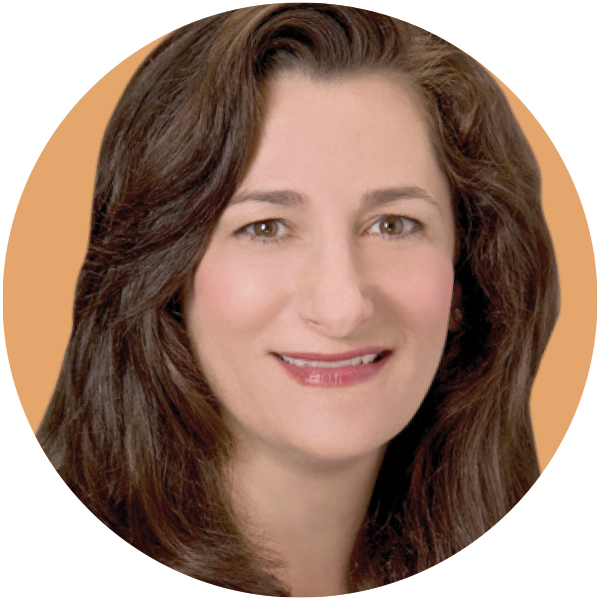
olomon had one goal in law school: to use the law to help charitable organizations further their missions, effectively. At the time, the multi-disciplinary career path she envisioned didn’t exist. “Lawyers doing this work were usually in big firms either in trusts and estates supporting the philanthropic goals of wealthy people, or in tax departments,” Solomon said.
She started at Ballard Spahr, where she began in public finance and eventually moved to the tax department. In 1999, Solomon lived for a year in Israel, where she was the development director of a social services organization. “When we came back to the United States, I wanted to continue this work that I loved, but I was also acutely aware that most charitable organizations were not well-served at big firms,” she said. “They either didn’t meet pro bono guidelines or couldn’t afford big firm rates.”
So, Solomon opened her own firm for advising charities and philanthropic individuals, which at the time did not exist elsewhere in Philadelphia and was rare nationally. “Twenty-three years later, there are more firms like it, but we are still one of the largest with five lawyers and two paralegals.” The firm serves as outside counsel to hundreds of charitable organizations and philanthropists nationally and internationally, with a focus on corporate, tax, transactional, and Orphans’ Court work.
“My father gave me the best piece of advice: He said business development should be like brushing your teeth, and you should do it every single day. Every day, do one thing, whether it’s making a cold call or getting coffee with someone or writing an article, giving a speech, or connecting with colleagues. If you do that, you’re investing in your own professional growth and success of your firm.”
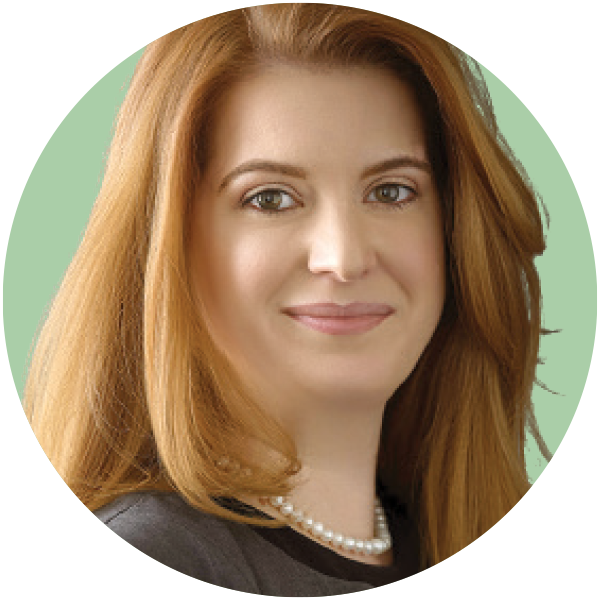
eidi Tallentire didn’t think she would use the bachelor’s and master’s degrees she received in religious studies from Penn when she became a lawyer. But she has.
“What I liked about religious studies is that it was multidisciplinary. When I started law school, I wanted to do something that was similarly multidisciplinary,” said Tallentire, who is a co-founder of Krauss Shaknes Tallentire & Messeri LLP, where she focuses her practice exclusively on complex matrimonial and family law matters. “And when you are a matrimonial lawyer, you need to know a little bit about a lot of different things, and of course you need to know a lot about matrimonial law.”
She said there are so many issues that come up in divorces, such as people having differing belief systems, or belief systems that evolve during their marriage, which can often create conflict.
“You have to educate the courts; you have to educate yourself,” Tallentire said. “It was surprising to me when I first started practicing the number of cases with components of religion within the divorce itself. How do you raise the kids? What religion? How religious will the parties and the children be within that religion? These issues come up every day.
“I’m able to take my clients through a difficult experience to the end. Oftentimes, there is a point when clients see the light at the end of the tunnel and accept that although their life is transformed in a way that they could not have been foreseen on the date of their wedding, it’s a new way that they can embrace, and move forward.”